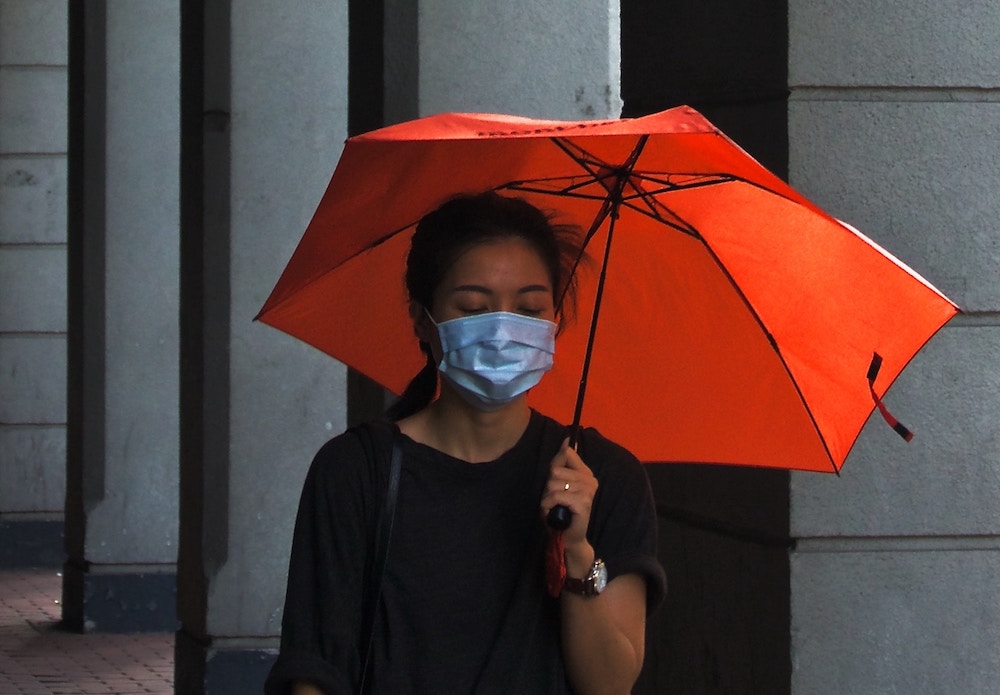Worried about the recent coronavirus cases in Singapore? Not sure if you need to mask up? Here's how you can prevent yourself from getting the virus.
Latest updates in Singapore
As of 30 January, there have been 13 cases of Chinese nationals with the Wuhan Coronavirus and they have all been admitted into hospitals.
The earlier seven confirmed cases are in stable condition and most are improving. Of the suspected cases, 124 people have tested negative, and test results for the remaining 70 are still pending.
Common cold vs influenza vs Wuhan Coronavirus
Common Cold
If you’ve caught a cold, you’ve contracted a nose and throat viral infection. This leads to a runny or stuffy nose, sore throat, slight body aches, mild headache, cough and a low fever. Your snot may also become thicker and yellow or green. You should be able to recover within a week.
Influenza
More dangerous than a common cold, influenza may lead to death in the most severe cases. Similar to the cold, you may experience a cough and sore throat. However, for influenza, this is often also accompanied by breathing difficulties, vomiting and diarrhoea, sore throat, dry eyes and rashes. Treat this promptly, lest it deteriorate into pneumonia.
Wuhan Coronavirus
Symptoms include fever, runny nose, sore throat, cough and shortness of breath. Additionally, the infection can worsen and develop into pneumonia, making it severely difficult to breathe, or lead to kidney failure and even death.
Thus, monitor your health for 14 days if you’ve just returned from Wuhan or other parts of China, or come into contact with anyone who has returned from China. If you’re feeling unwell, definitely quickly go to the hospital to get checked out.
How is it spread?
Transmission routes have yet to be definitively determined, but the virus can spread from human to human.
Precautions to take:
Avoid travelling to China.
According to the Ministry of Health’s guidelines, do not travel to the Hubei province. It’s also best to defer any non-essential trips to China.
Be hygienic and wear a mask if ill.
Should you have respiratory symptoms of a cough or runny nose, do wear a mask to reduce infecting others. One of the best options is the surgical mask, which you should put on with the coloured side on the outside.
Additionally, the side with the stiff bendable edge is meant to sit on your nose, so both your nose and mouth are covered. If you sneeze into the mask and it’s wet, dispose of it in a trash can, and wash your hands thoroughly before wearing a new one.
If you must remove the mask when sneezing, cover your mouth and nose with a tissue, then immediately discard tissue and wash your hands thoroughly. For example, when washing, make sure to clean between your fingers, the base of your thumbs and fingernails.
Avoid: live animals, undercooked meat and crowded places
Avoid contact with all live animals, including poultry and birds, and reduce your consumption of raw and undercooked meats. Next, cut back on visiting crowded places and avoid close contact with people who are sick or showing symptoms. If you’re feeling unwell, quickly seek medical attention.
Eat more fruits and vegetables and supplements
Work on boosting your kids’ immunity by getting them to increase their intake of citrus fruits, red bell peppers, broccoli and spinach. Otherwise, try some immunity boosting vitamins.
Especially for those older than 65, and children from six months to five years, consider giving them influenza vaccinations (Medisave-deductible). This will help reduce the chances of developing complications from an influenza infection.



